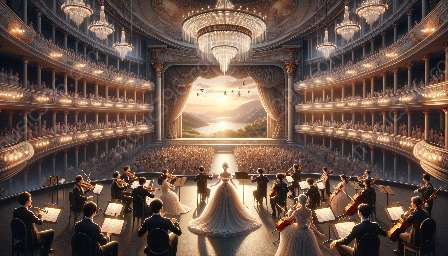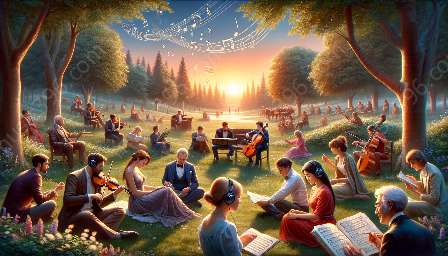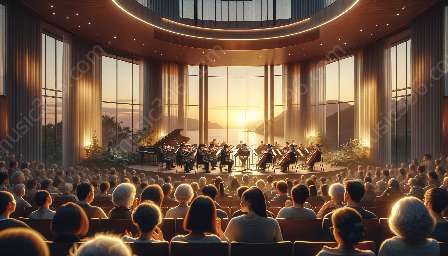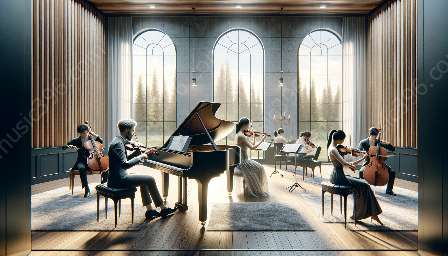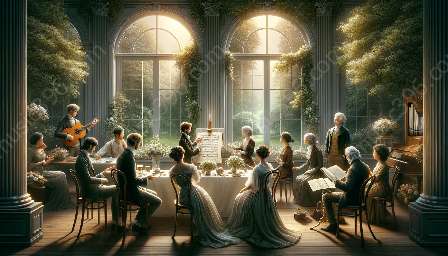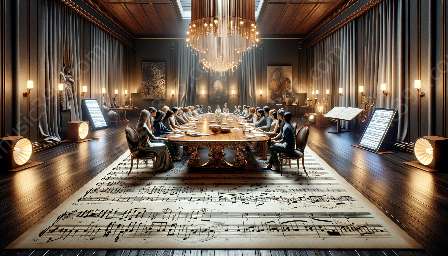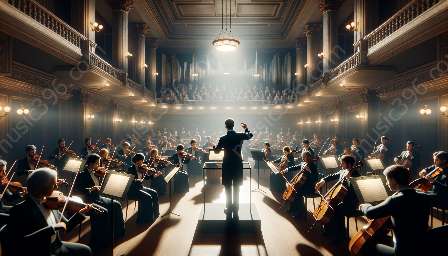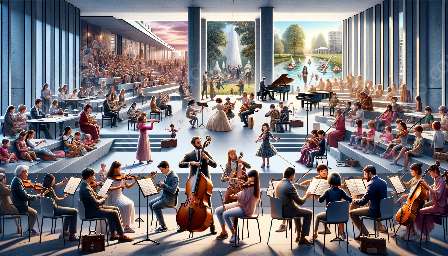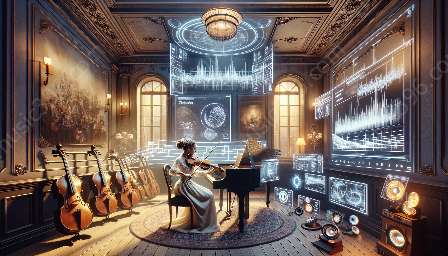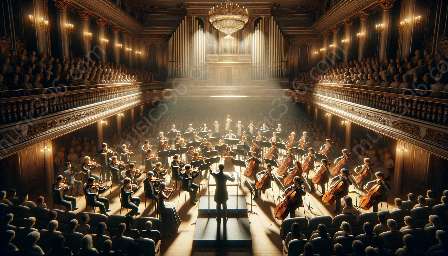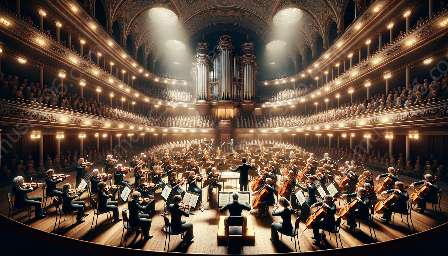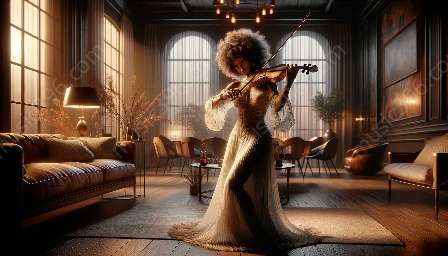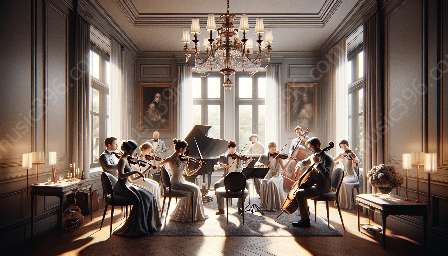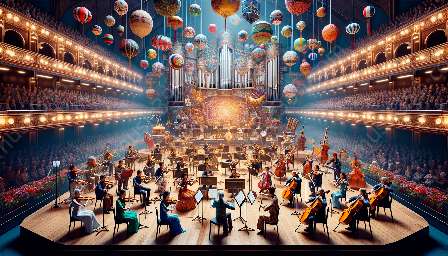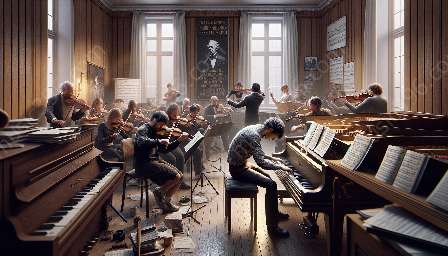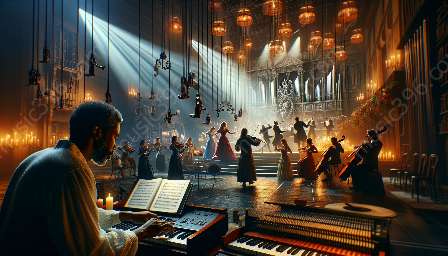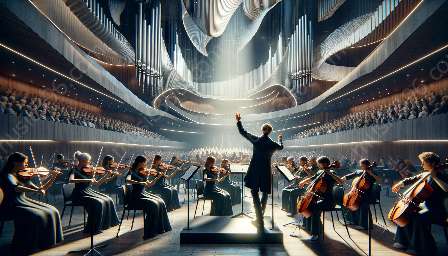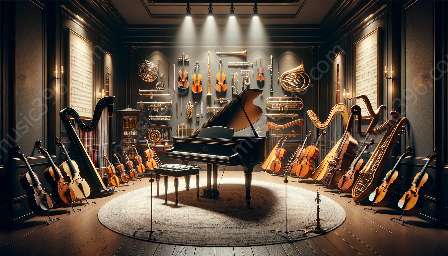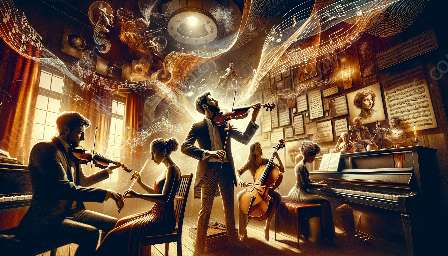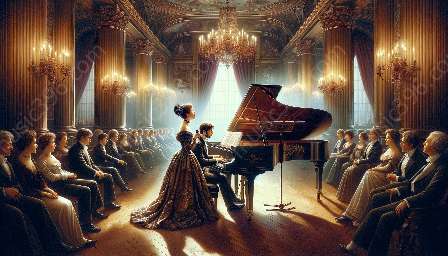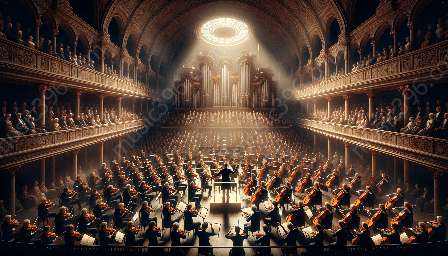When examining the history and evolution of classical music, it is nearly impossible to overstate the importance of the violin. The instrument has played a pivotal role in shaping classical music as a whole, influencing the development of musical composition, performance, and culture throughout the centuries.
Historical Significance
The violin's roots in classical music can be traced back to the early 16th century, when it began to emerge as a popular instrument in both solo and ensemble settings. Its versatility and rich tonal characteristics quickly captured the attention of composers and musicians, leading to an unprecedented surge in the creation of violin-centric works.
Influence on Compositional Techniques
One of the most significant ways in which the violin shaped classical music was through its impact on compositional techniques. Composers such as Antonio Vivaldi, Johann Sebastian Bach, and Wolfgang Amadeus Mozart leveraged the expressive capabilities of the violin to develop new forms and structures, ultimately influencing the direction of classical music composition.
Contribution to Orchestral Music
The violin's prominence in orchestral music cannot be overstated. As a core member of the string section, the violin plays a central role in shaping the sound and character of the orchestra, contributing to the development of symphonic works and concertos that have become iconic masterpieces of classical music.
Impact on Performance Practices
From the establishment of virtuosic performance traditions to the evolution of interpretative styles, the violin has been a driving force in shaping performance practices within the realm of classical music. Pioneering violinists such as Niccolò Paganini and Pablo de Sarasate pushed the boundaries of technical prowess and artistry, setting new standards for violin performance that continue to inspire musicians today.
Cultural Influence
Beyond its musical significance, the violin has also left an indelible mark on the cultural landscape of classical music. From the opulence of Baroque courts to the intimacy of chamber music gatherings, the violin has been an emblem of artistic expression and sophistication, enriching the social and historical tapestry of classical music.
The Legacy of Classical Violin Music
The legacy of classical violin music reverberates through the centuries, inspiring generations of composers, performers, and music enthusiasts. Its enduring influence continues to shape the fabric of classical music, ensuring that the violin remains an instrument of unparalleled significance in the world of classical music.

